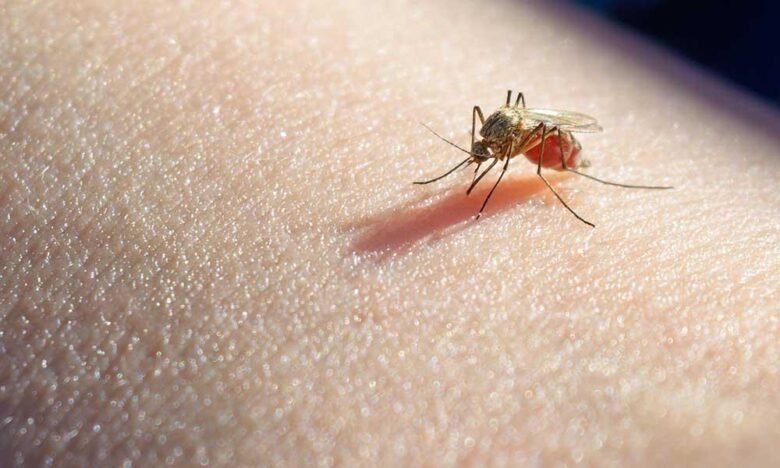Zika Virus and Pregnancy

Have a safe summer: Learn about Zika virus and pregnancy
Summer is here and so are the pesky mosquitoes. For women who are trying to conceive, they’re more than just a nuisance. In some areas, mosquitos may carry a virus that can cause a devastating disease in a developing fetus. If you’re trying to conceive it’s important to arm yourself with information about the link between Zika virus and pregnancy.
Zika can infect humans who are bitten by mosquitos that carry the virus. In pregnant women the virus can be transmitted to the baby and cause serious brain defects including microcephaly. If a male partner is infected a woman can get Zika through unprotected sex.
The latest news on Zika virus and pregnancy
The U.S. Centers for Disease Control and Prevention continuously monitors global Zika virus outbreaks and has set guidelines for couples who are Trying to Conceive, as well as women who are already pregnant. If you’re worried about Zika virus and pregnancy, check out the CDC’s map of high- and minimal-risk areas where extra precautions should be taken.
Texas is marked as a Zika zone on the map because several cases of Zika virus have been reported in Brownsville since November 2016. Right now, the Dallas-Fort Worth metroplex and the rest of Texas are not high-risk areas.
If you’re considering travel to any area where Zika has been identified, keep these CDC guidelines in mind.
- Couples who are Trying to Conceive and planning to undergo fertility treatment should not travel to high-risk areas, unless it cannot be avoided.
- If you or your partner must travel to a high-risk area while Trying to Conceive, take precautions to avoid mosquito bites.
- Women who have been exposed need to postpone fertility treatment at least eight weeks before trying to become pregnant.
- Male partners who have been exposed should wait at least six months after exposure or symptom onset. We suggest that you freeze sperm prior to travel that can’t be avoided.
- Pregnant women should not travel to areas with a high risk of Zika virus and might want to postpone traveling to cautionary areas.
Talk to your fertility specialist
Scientists don’t yet know the likelihood of birth defects with Zika infection, or if there is a “safe” time for exposure during pregnancy. Dr. Sy Le continuously monitors the latest information about Zika virus and pregnancy, so be sure to mention any possible prior exposure as well as any travel plans.
To learn more about Zika virus and pregnancy risks, contact us to schedule a consultation with Dr. Le.
- Special IVF Protocols for Diminished Ovarian Reserve - February 5, 2025
- Is IVF the Right Choice? - March 2, 2024
- What to Consider When Choosing a Fertility Clinic - February 29, 2024